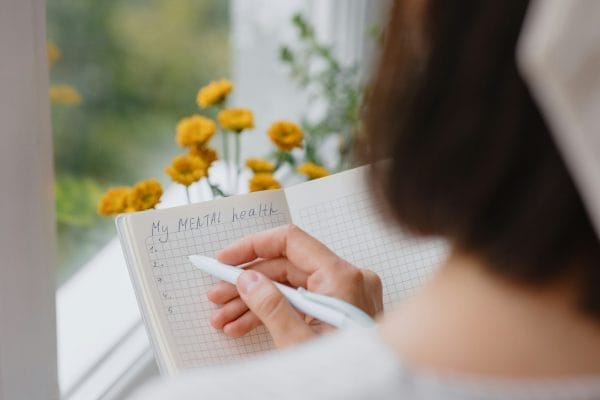Mindfulness: A Guide to Living in the Present
Mindfulness: A Guide to Living in the Present
Blog Article

With daily pressures, practicing mindfulness has become necessary.
Understanding Mindfulness
At its core, mindfulness is about becoming aware of what’s happening in the present moment with full acceptance.
The concept of mindfulness originates from ancient meditative traditions but has been embraced in modern psychology and wellness practices.
The Positive Effects of Mindfulness
Practicing mindfulness can result in a wide range of benefits, including:
- **Reduced Stress and Anxiety**
Mindfulness allows you to let go of worries, reducing negative emotions.
- **Enhanced Concentration**
Regular mindfulness practice improves concentration, making it easier to stay focused.
- **Better Control Over Emotions**
Mindfulness helps you to stay calm in difficult situations.
- **Overcoming Insomnia**
Mindfulness reduces nighttime anxiety, making it easier to wake up refreshed.
- **Understanding Your Thoughts and Feelings**
By practicing mindfulness, you develop a deeper understanding of your mental patterns.
How to Practice Mindfulness
Mindfulness can be practiced in different ways. Here are a few simple techniques:
1. **Mindful Breathing**
Take slow, deep breaths, noticing each inhale and exhale.
2. **Body Scan Meditation**
Close your eyes and become aware of each part of your body, from head to toe.
3. **Mindful Eating**
This enhances food enjoyment.
4. **Letting Thoughts Pass**
Instead of getting caught up in thoughts, simply notice them and let them go.
5. **Connecting with the Outdoors**
Take a walk outside and observe the sounds, colors, and sensations around you.
Common Misconceptions About Mindfulness
Despite its scientific support, mindfulness is often viewed incorrectly. Here are some common myths:
- **You Have to Stop Thinking**
Mindfulness is not about forcing silence, but rather about observing thoughts without judgment.
- **You Need Hours to Practice**
Mindfulness can be done anytime, anywhere, even in short, simple ways.
- **Mindfulness is Only for Spiritual People**
While have a peek at this web-site mindfulness has historical connections to meditation, it is used in medical settings regardless of background.
Conclusion
By incorporating mindfulness into your daily life, you can develop greater self-awareness.
Why not give it a try? Every moment is an opportunity to be present! Report this page